
Money can’t buy happiness, but it sure makes things easier.
Most of us have probably dreamed about being wealthy at one point or another. While some level of wealth and happiness are within reach for many of us, we’re unlikely to end up in the coveted 1%.
That 1% figure is easier to reach in some countries than others, though.
Knight Frank, a global real estate consulting firm, has released its annual Wealth Report detailing global wealth distribution and other “vital” financial data regarding high-net-worth individuals.
Money Talks News used Knight Frank’s findings to rank countries based on the net worth an individual needs to be in the top 1%.
In the U.S., a net worth of at least $5.81 million is required, which sets the bar pretty high. Let’s see which countries make it easier to join the 1%, and which are more difficult to achieve than here at home.
16. Chinese mainland
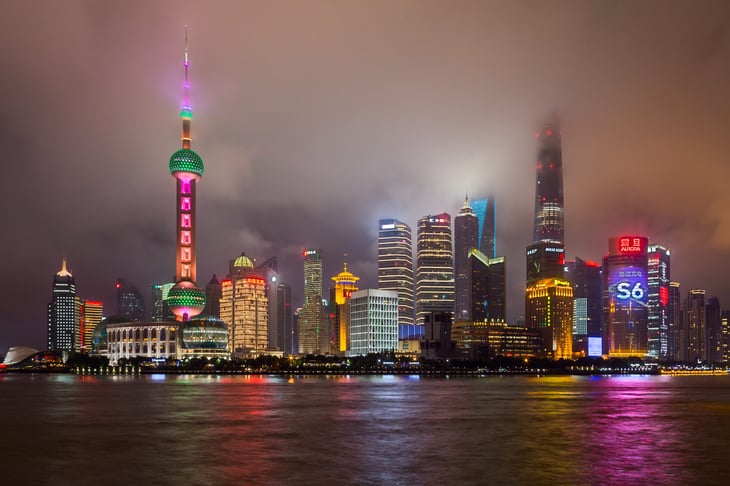
Individual net worth needed to be in the top 1% here: $1.07 million
China has “one of the world’s top two economies,” the CIA’s World Factbook says, because of its exports and low wages.
In 1979, China implemented a mandate that would allow couples to have only one child. But out of fear for its economic future, the country expanded that rule in 2015 — allowing couples to have two children.
15. Japan
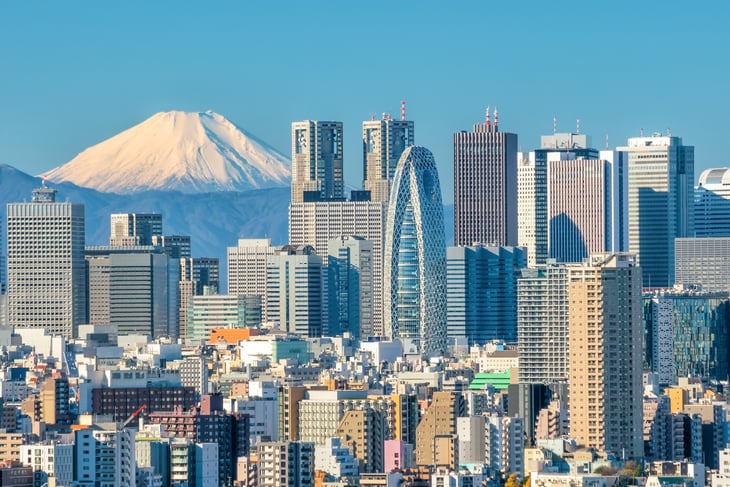
Individual net worth needed to be in the top 1% here: $1.97 million
Japan has the fourth-largest world economy, and the island nation is both trade-oriented and diversified. According to the CIA, however, its tourism sector is “stagnant” and the country carries a lot of debt.
The average income was about $41,000 as of 2021.
14. Spain
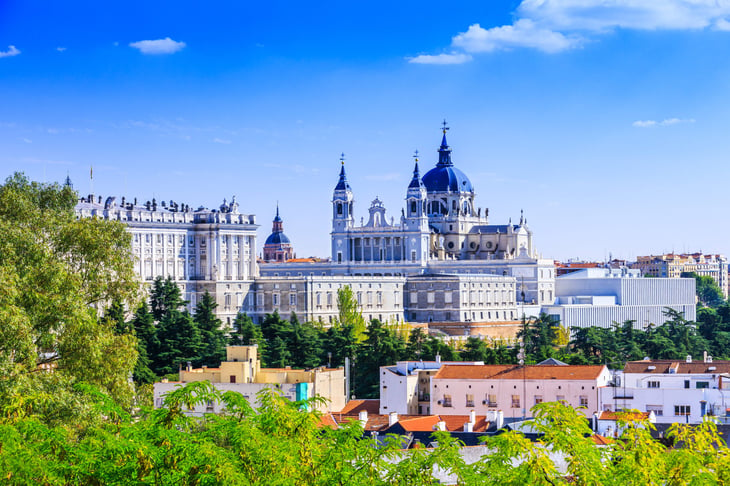
Individual net worth needed to be in the top 1% here: $2.47 million
The people of Spain make good money relative to European Union standards, the CIA says, and the nation is central to the European economy with diverse trading and strong local tourism. Among its diverse trade industries is a significant role in supplying clothing and footwear.
But, the nation has had problems with political financing corruption, along with high government spending and debt.
13. Italy
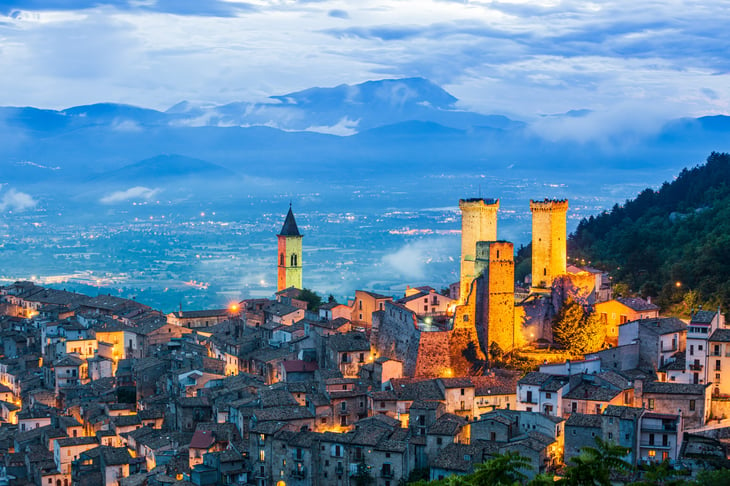
Individual net worth needed to be in the top 1% here: $2.55 million
Italy is another high-income country that plays a central role in Europe’s economy with strong tourism and manufacturing sectors. Services have a huge impact on the country’s GDP, with the latest CIA data citing that services make up nearly 74% of the country’s GDP.
Its year-over-year inflation rate in early 2024 was 2%, compared with America’s 3.2%.
12. United Kingdom
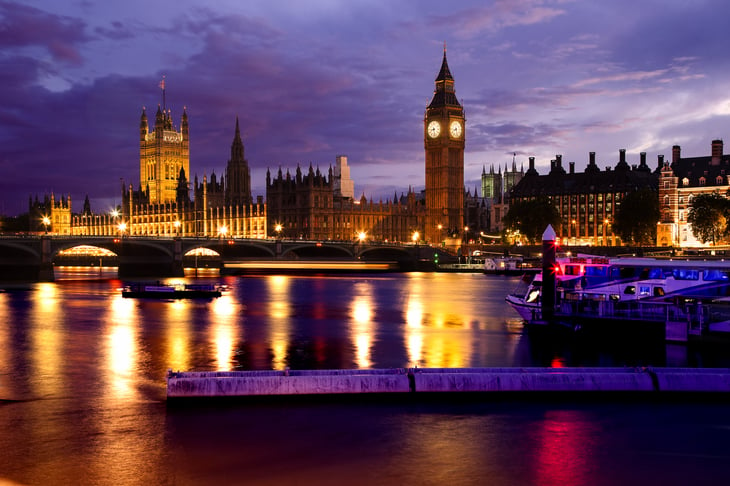
Individual net worth needed to be in the top 1% here: $3.07 million
The U.K. is the sixth-largest importer and exporter in the world.
Although it has seen significant wage growth, that growth is being outpaced by inflation. As of January 2024, its year-over-year inflation rate was 4%.
11. Hong Kong
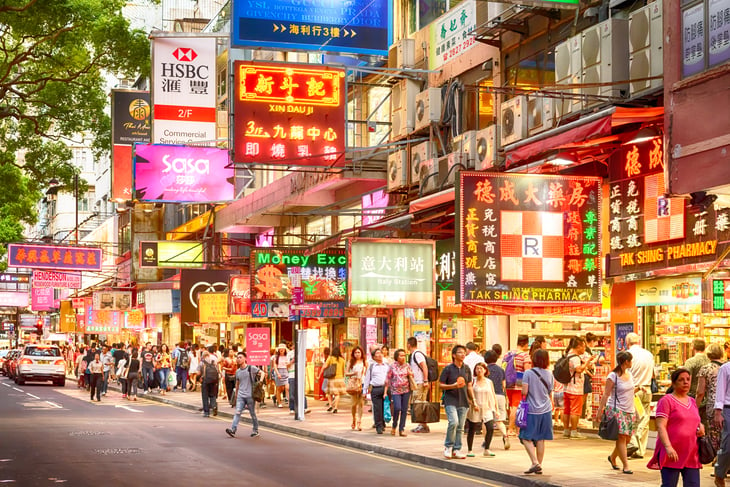
Individual net worth needed to be in the top 1% here: $3.09 million
Hong Kong’s economy is highly dependent on tourism and services. The special administrative region of China is a major global financial hub.
In its role as an economic center, however, Hong Kong’s modern banking system has become a channel for money laundering, according to the CIA.
10. France
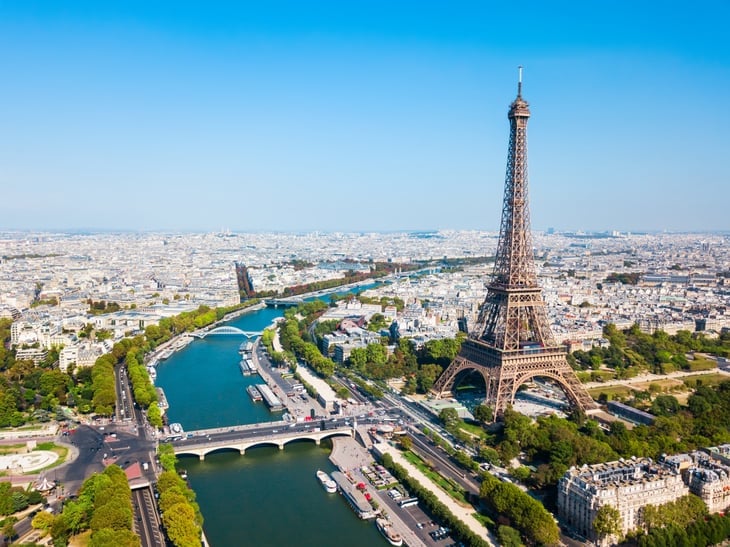
Individual net worth needed to be in the top 1% here: $3.27 million
France is a leader among European nations and has an influential global role. It has a strong and diversified economy with tourism, aircraft manufacturing, pharmaceuticals and industrial sectors playing major roles.
Despite France’s healthy economy, there is significant wealth inequality. In 2021, the top 10% of its households owned nearly half of the country’s household wealth.
9. Germany
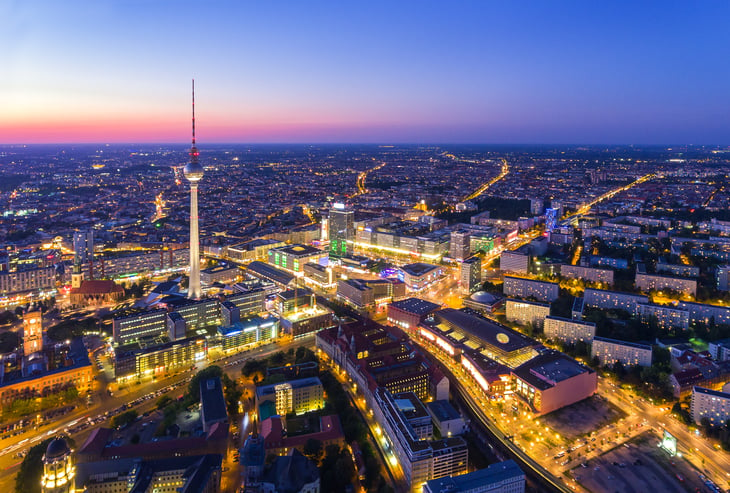
Individual net worth needed to be in the top 1% here: $3.43 million
Germany is described as “fiscally conservative” but has a rising level of debt. It’s an export-driven economy with machinery — specifically motor vehicles — being its top export.
It has a skilled and educated workforce, but the average annual income is $54,000 in U.S. dollars, compared with nearly $77,000 in the U.S.
8. Ireland
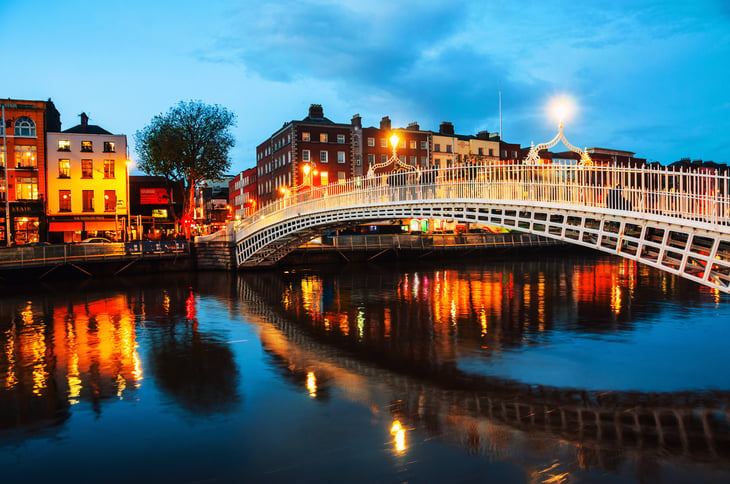
Individual net worth needed to be in the top 1% here: $4.32 million
Ireland has a high standard of living and, according to the CIA, there is strong social equity and cohesion in the republic. The average income in the country is about $53,000 USD.
It was resilient against the COVID-19 pandemic and has a positive economic outlook in the short-term. However, issues such as concerns over an aging workforce provide concern for the long term.
7. New Zealand
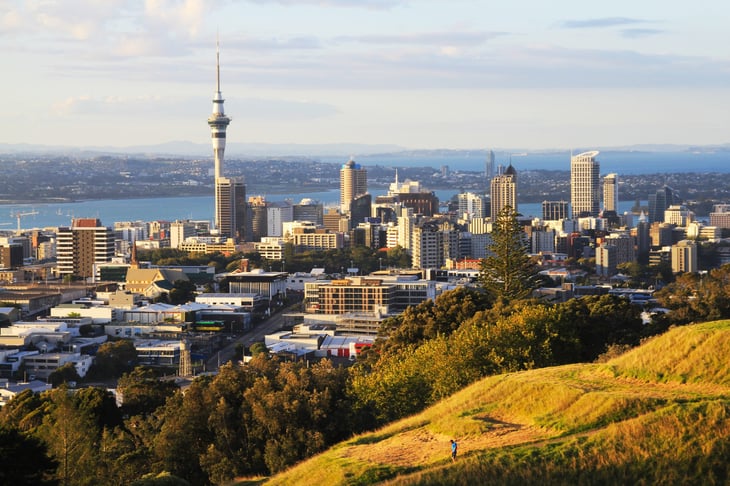
Individual net worth needed to be in the top 1% here: $4.57 million
New Zealand’s strongest economic sectors are tourism, manufacturing, agriculture and energy. But its exports are largely reliant on the Chinese market.
While the net worth required to reach the top 1% is higher than the previous places on this list, New Zealand does have a low unemployment rate and a high standard of living.
6. Australia
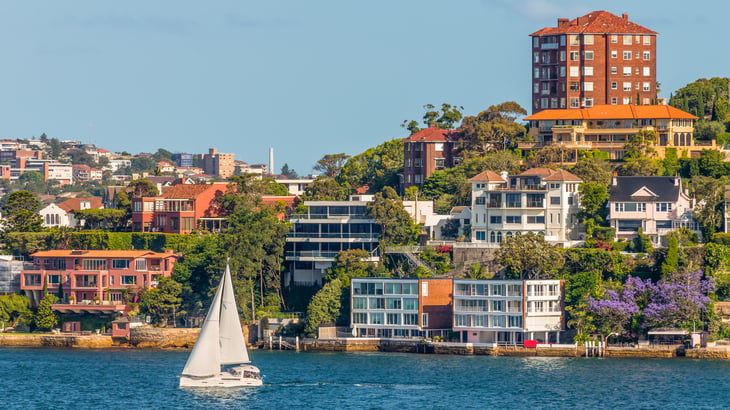
Individual net worth needed to be in the top 1% here: $4.67 million
Australia is considered a global economic leader with a strong financial sector. Exports lead the economy, including natural resources like coal and opals, and it has the world’s largest uranium reserves. Australia also boasts a 64% employment-to-population ratio compared with the global average of about 56%.
Still, it also has an aging workforce and reduced level of consumer spending.
5. Sweden
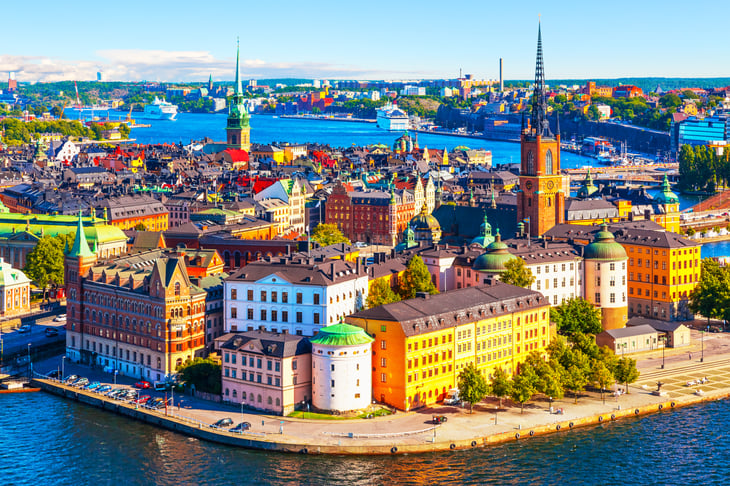
Individual net worth needed to be in the top 1% here: $4.76 million
Sweden has a knowledge-based economy, meaning its biggest contributions revolve around things like research, intellectual property and other intangible assets. Its people enjoy a high standard of living.
High inflation (3.4% in January 2024) has eroded real wages, however, and tighter monetary policy has increased borrowing costs.
4. Singapore
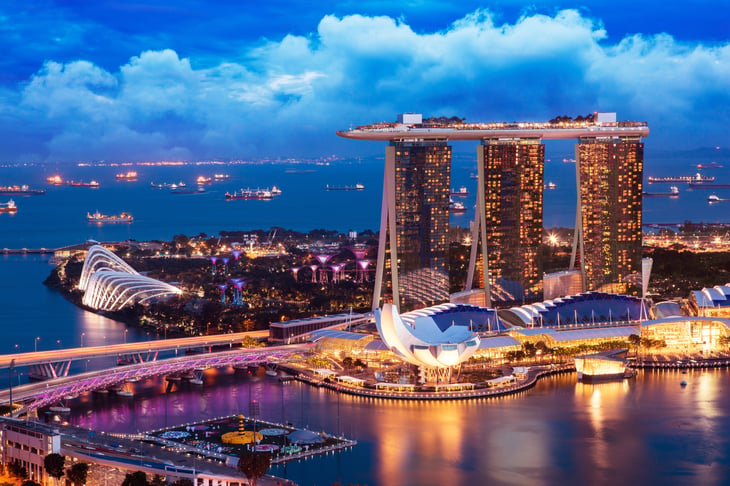
Individual net worth needed to be in the top 1% here: $5.23 million
Singapore is well-known for its financial markets, and its regulations are business-driven — making it a great spot for entrepreneurs. Over the past two decades it’s transformed from a low-income economy to a high-income country with one of the world’s largest levels of GDP growth at an average of 7.6%.
Its major exports are electronics, oil and chemicals.
3. Switzerland
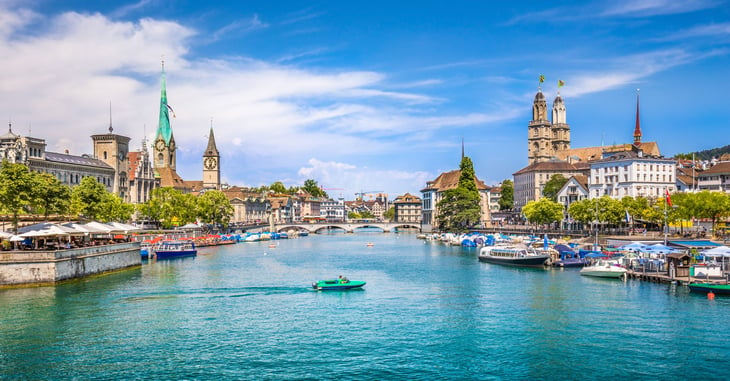
Individual net worth needed to be in the top 1% here: $8.51 million
Switzerland is a prominent banking and financial hub. It’s a big exporter of pharmaceuticals and products derived from precision manufacturing. It’s also the world’s leading watch exporter.
2. Luxembourg
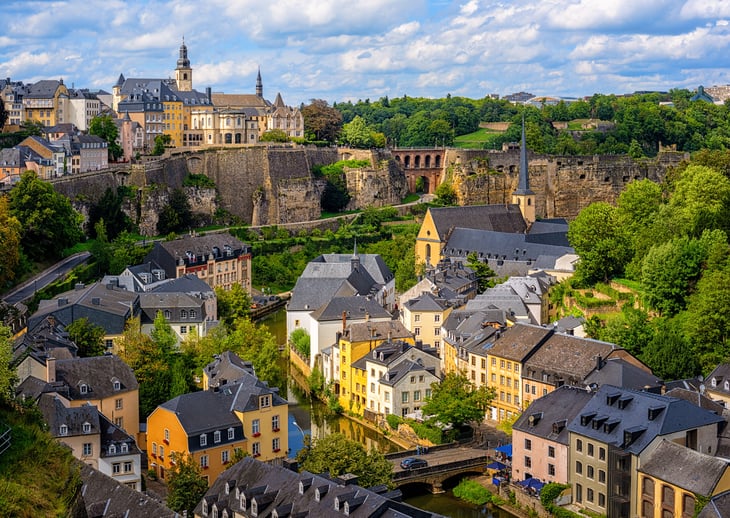
Individual net worth needed to be in the top 1% here: $10.83 million
While financial services and Luxembourg’s construction sector haven’t been as healthy as previously, comparatively low inflation rates, government support and private consumption have kept demand up within the country.
Its unemployment rate hovered around 5.6% as of January 2024.
1. Monaco
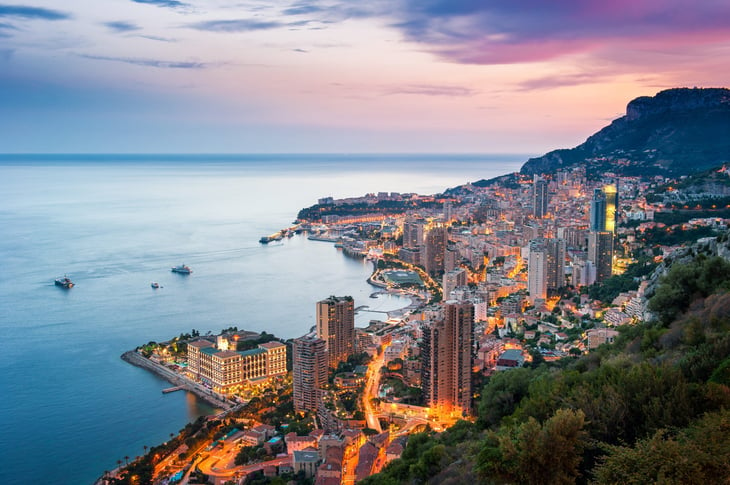
Individual net worth needed to be in the top 1% here: $12.88 million
Monaco is a tax haven for a couple of reasons: It doesn’t tax its residents’ incomes or capital gains, and its tax laws give favorable treatment to corporations.
Banking is one of its largest sectors (along with tourism), and it has some of the most expensive real estate in the world.





Add a Comment
Our Policy: We welcome relevant and respectful comments in order to foster healthy and informative discussions. All other comments may be removed. Comments with links are automatically held for moderation.